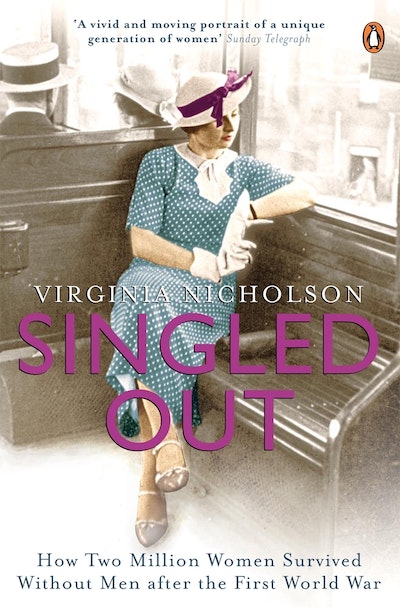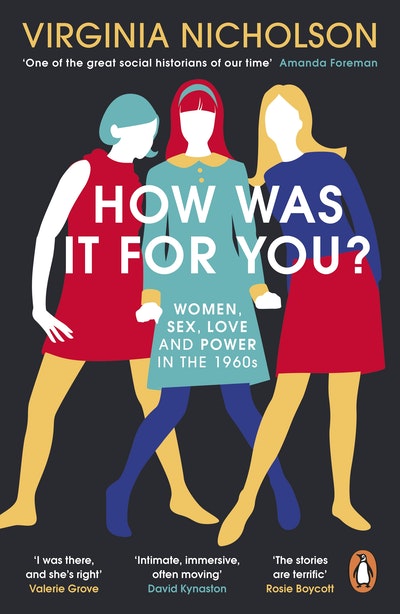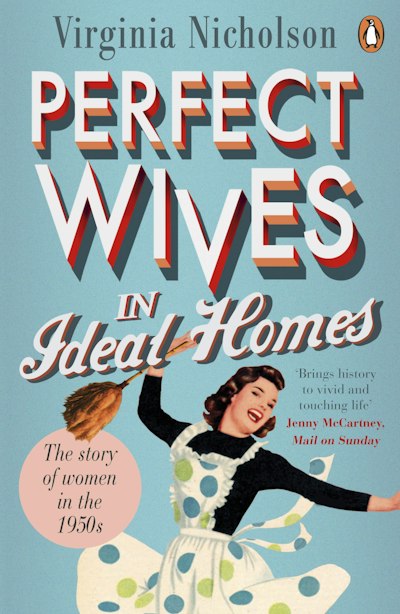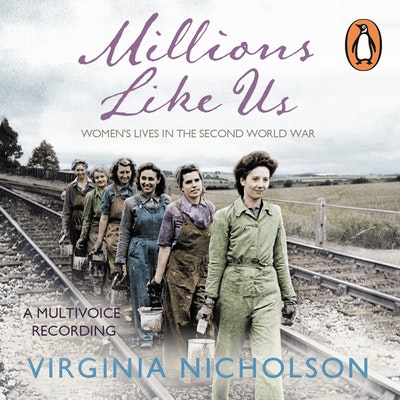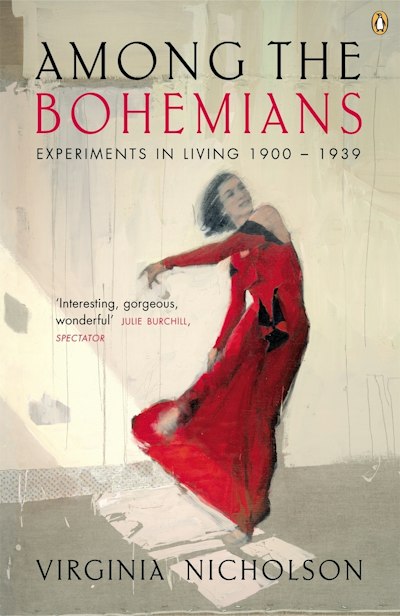[]
Singled Out
How Two Million Women Survived without Men After the First World War
Formats & editions
Buy from…
- Published: 5 June 2008
- ISBN: 9780141902104
- Imprint: Penguin eBooks
- Format: EBook
- Pages: 432
Remarkably perceptive and well-researched ... Virginia Nicholson has produced another extraordinarily interesting work, sensitive, intelligent and well-written
Selina Hastings, The Sunday Telegraph
This is a ground-breaking book, richly nuanced with titbits of information, insight and understanding
Frances Spalding, The Daily Mail
Remarkably perceptive and well-researched ... Virginia Nicholson has produced another extraordinarily interesting work, sensitive, intelligent and well-written
Selina Hastings, The Sunday Telegraph
This in an inspiring book, lovingly researched, well-written and humane... the period is beautifully caught
The Economist
Brave, humane and honest
Hilary Spurling, The Observer
